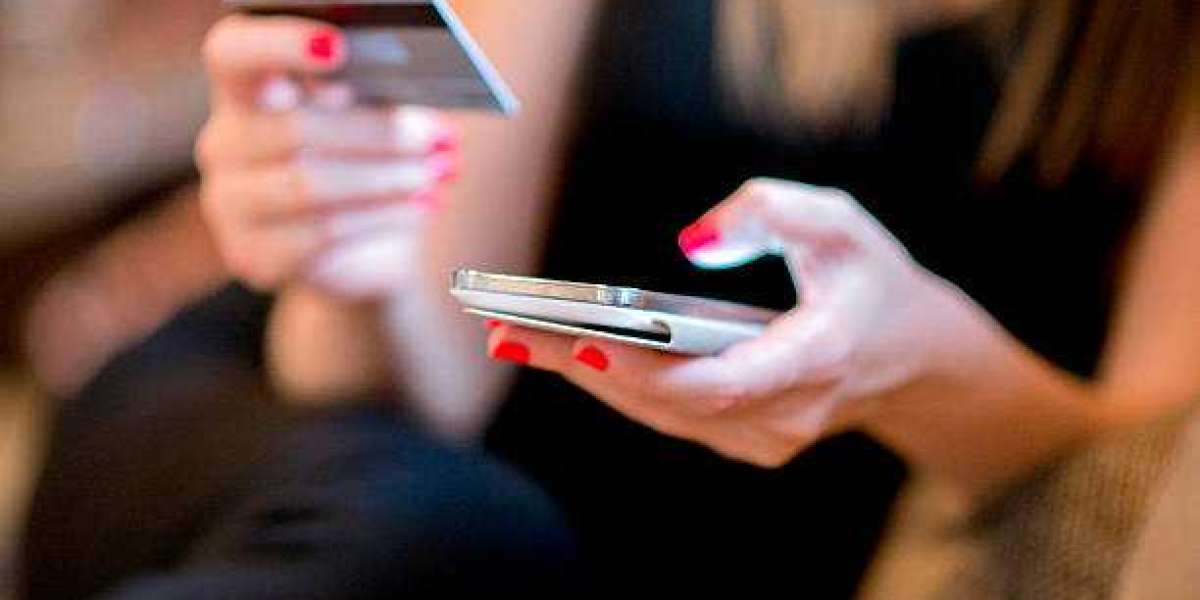Traditional business cards are printed pieces of paper that include essential contact information, such as a name, phone number, email address, and company details.
IntroductionIn the business world, making a lasting impression is essential. The way you introduce yourself can define future opportunities. For decades, professionals have relied on traditional business cards to share their contact details. However, with the rise of digital technology, smart business cards have emerged as a modern alternative. But what sets them apart? Let’s explore the key differences.What is a Smart Business Card?A smart business card is a digital version of a traditional business card. It uses near-field communication (NFC) or QR codes to store and share contact information electronically. Instead of handing out physical cards, professionals can simply tap their smart card on a smartphone or allow others to scan a code to access their details instantly.Smart business cards eliminate the need for manual data entry and provide a seamless way to exchange information in an increasingly digital world.Understanding Traditional Business CardsTraditional business cards are printed pieces of paper that include essential contact information, such as a name, phone number, email address, and company details. They are typically designed with a brand’s logo and may have additional elements like social media handles or QR codes. https://evrycard.co.uk/Despite their simplicity, traditional business cards have been the norm for decades and are still widely used in networking and professional settings. However, they come with limitations, such as the need for physical storage and the risk of being misplaced.Key Differences Between Smart and Traditional Business Cards1. Method of Sharing InformationTraditional business cards require physical exchange, while smart business cards enable instant digital sharing.2. Storage and AccessibilityTraditional business cards can get lost or damaged, whereas smart business cards store data electronically, making it easy to retrieve anytime.3. Eco-FriendlinessPrinting paper business cards leads to environmental waste. Smart business cards reduce paper usage, making them a sustainable option.4. Customization and UpdatesOnce a traditional card is printed, any changes require reprinting. Smart business cards allow real-time updates without needing a new card.5. Integration with Digital ToolsSmart business cards can integrate with CRM systems, LinkedIn, and other digital platforms, whereas traditional cards require manual data entry.Benefits of Using a Smart Business CardConvenience: With a simple tap or scan, you can share your information instantly.Professional Appeal: It demonstrates innovation and a tech-savvy approach.Cost-Effective: No need to reprint when updating details.Data Analytics: Some smart cards provide insights on how often your card has been viewed.Sustainability: Reduces paper waste and promotes eco-friendly networking.

